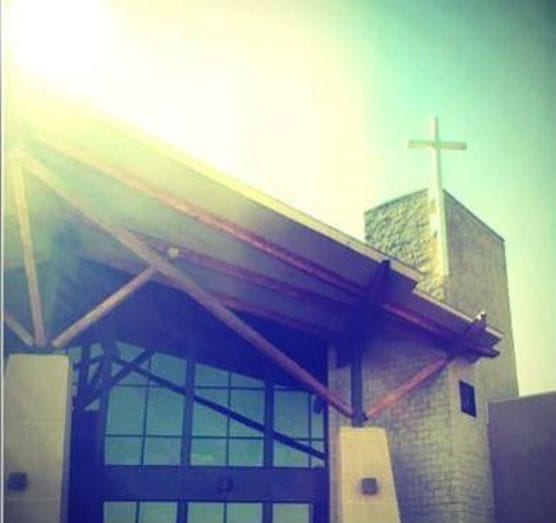SAN DIEGO — South Bay United Pentecostal Church failed Monday during its fourth attempt to block California from restricting occupancy rates on in-person worship services more severely than COVID-19 pandemic standards set by the state for retail and grocery stores.
But its attempt to block California’s COVID-19 restrictions on churches and places of worship during the Christian Holy Week may not be in vain.
U.S. District Judge Cynthia Bashant, a Barack Obama appointee, set an evidentiary hearing in the case, South Bay United Pentecostal Church v. Newsom, where California must show how it came up with its capacity caps on in-person worship services.
The hearing follows a Supreme Court order last month finding California’s ban on in-person church services was unconstitutional. While the Ninth Circuit found California’s ban during the height of the pandemic was constitutional, it found the state’s capacity restrictions on worship services under relaxed COVID-19 restrictions were not.
A year into the COVID-19 pandemic, California’s restrictions on places of worship are among the most restrictive in the country.
“The Supreme Court has expressed frustration — and I think rightfully so — about the lack of a developed record,” Bashant said, noting South Bay has requested temporary restraining orders against the state just before Christmas and Easter — major Christian holidays.
She added: “What I’m interested in is the occupancy rate. If the state can’t show they’re treating churches the same or better than retail, I’m inclined to issue the preliminary injunction.”
Paul Jonna, of San Diego-based LiMandri & Jonna, argued on behalf of South Bay.
He called California an “outlier,” noting 38 states have lifted pandemic-induced restrictions on churches, but the Golden State has more restrictive occupancy limits on houses of worship than for big box stores including Target and Walmart.
The stores are considered “grocery stores” under California’s pandemic reopening scheme. While in the state’s “Red Tier,” under which San Diego County currently falls, grocery stores can operate at full capacity.
But under the “Red Tier” — the second-most restrictive tier where there’s considered a “substantial” number of COVID-19 cases — churches can only operate indoors at 25% capacity.
“If California wants to place percentage caps on churches, it at least needs to match retail,” Jonna said.
Jonna pointed out only when churches are hosting worship services are their occupancy limits restricted to 25% capacity. But if a church is performing social services such as hosting a homeless shelter or food bank, it can be at 100% capacity.
He also noted San Diego, along with Los Angeles and many other California counties that continue to experience a downward trend in positive COVID-19 cases, could move down to the less restrictive “Orange Tier” as soon as April 7.
Under the “Orange Tier” retail can operate at 100% capacity while churches will see their capacity capped at 50%.
“Why do churches need to eliminate the viral risk while favored businesses only need to lower the risk?” Jonna questioned.
“There is no evidence church services pose heightened Covid-19 risk, especially with masking, social distancing, and other measures in place,” Jonna added.
He told Bashant South Bay “has a perfect COVID record” and has no known cases tied to in-person worship services held during the pandemic.
Deputy Attorney General Todd Grabarsky told Bashant occupancy limits set by the state during the coronavirus pandemic were informed by fire code occupancy rules, under which churches are allowed more people in their buildings than in retail establishments.
During COVID-19, to ensure the number of people per square feet was considered safe by the state’s public health experts, it implemented the capacity restrictions currently in place, he added.
“The state’s experts are not purporting to say the risk in churches must be eliminated but that it must be lower to the similar degree of risk posed in grocery stores,” Grabarsky said.
“These percentage caps are necessary to lower the number of people in a similar-sized sanctuary as in a similar-sized grocery store,” he added.
Bashant scheduled the preliminary injunction and evidentiary hearing for May 13.
— By Bianca Bruno, Courthouse News Service
Like this:
Like Loading...
Related





 Tweet This
Tweet This Facebook
Facebook Digg This
Digg This Bookmark
Bookmark Stumble
Stumble RSS
RSS


























REAL NAMES ONLY: All posters must use their real individual or business name. This applies equally to Twitter account holders who use a nickname.
0 Comments
You can be the first one to leave a comment.